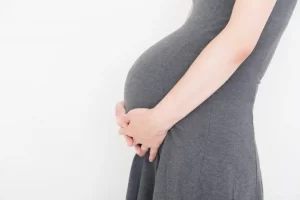Know what osteopathy is.

Osteopathy is a technique for improving dysfunction and pain in the body.
Manual treatment is based on the premise that the structure and function of the body are closely related. The healer looks for the cause of the pain or disorder and adjusts it using appropriate manual techniques.
This enhances the body’s natural healing powers and promotes recovery.
Osteopathy may be effective for chronic pain, movement dysfunction, sports disorders and headache point insomnia. In addition, as it is a manual therapy, there are no side effects.
The idea that the structure and function of the body are closely related is scientifically supported.
Osteopathy may also help prevent disease, as it improves illness and symptoms by enhancing the body’s natural healing powers rather than treating illness.
Osteopathy must be effective when properly received. However, failure to diagnose and treat the disease by a doctor may worsen the symptoms, so it is necessary to take appropriate action.
If osteopathy is to be taken, a specialist therapist must be consulted and the correct treatment must be given.
What is the relationship between pregnant women and osteopathy?

Pregnant women undergoing osteopathy should be carefully considered.
Pregnant women need to avoid physical strain to protect the health of their unborn child.
However, pregnant women may suffer from a range of symptoms.
Osteopathy may be considered to help with these symptoms.
Osteopathy may be suitable for pregnant women as it is a manual treatment and has no side effects.
However, pregnant women should see an appropriate practitioner as it may affect the development of the foetus.
Osteopathy for pregnant women requires special attention during pregnancy.
Pregnant women may be able to improve their pregnancy symptoms through osteopathy.
For example, back and back pain, headaches and morning sickness may improve. Osteopathy has been shown to improve pelvic distortion and back pain during pregnancy.
On the other hand, pregnant women with back pain experience changes in weight and posture as the foetus grows. These changes can increase the physical load.
Therefore, when undergoing osteopathy, appropriate treatment should be carried out under the guidance of a specialist.
Summary.
Osteopathy is a manual treatment, has no side effects and may be effective for chronic pain, movement dysfunction, headaches and insomnia.
Pregnant women should be careful about how they receive osteopathy for back pain, as although it may improve symptoms during pregnancy, it may also affect the development of the foetus.
It is important to receive appropriate treatment under professional guidance and continued regular treatment may be necessary to maintain good health.

Leave a Reply